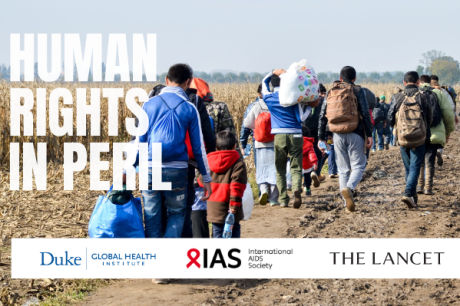DGHI Member Anthony So, director of the Program on Global Health and Technology Access, and colleagues from Duke and other universities, have published an article in PLoS Biology that questions the wisdom of developing countries modeling their laws and policies regarding patenting of publicly funded research on the U.S. experience following the passage of the Bayh-Dole Act of 1980.
“The present impetus for BD-type legislation in developing countries is fueled by overstated and misleading claims about the economic impact of the [Bayh-Dole] Act in the U.S., which may lead developing countries to expect far more than they are likely to receive,” say the authors. “It is unclear whether any of the positive impacts of BD in the U.S. would arise in developing countries following similar legislation, absent the multiagency federal pluralism, the practically oriented universities, and other features of the U.S. research system.”
As countries from China to South Africa consider legislation modeled on the Bayh-Dole Act, the authors recommend much closer attention to protection of the public interest in publicly funded research.
“Patent laws and patterns of scientific collaboration have changed substantially since BD was passed in 1980,” they say. “To the extent that legislation governing the patenting and licensing of public sector research is needed in developing countries at all, it should reflect this new context rather than blindly importing a U.S. model that is 30 years old.”
This paper, which is freely available from the PLoS website, emerged from a meeting in May, 2008 on “Emulating the BD Act: Steps to Ensure Innovation and Access for Health in Developing Countries,” hosted by the Program on Global Health and Technology Access at Duke University’s Sanford School of Public Policy.
Collaborating with Dr. So on this paper were Duke professors Arti Rai, Robert Cook-Deegan (DGHI Affiliate), and Jerome Reichman (DGHI Affiliate); Bhaven Sampat, of the Mailman School of Public Health at Columbia University; Robert Weissman, of Essential Action, in Washington DC; and Amy Kapczynski, of the School of Law at the University of California-Berkeley.



